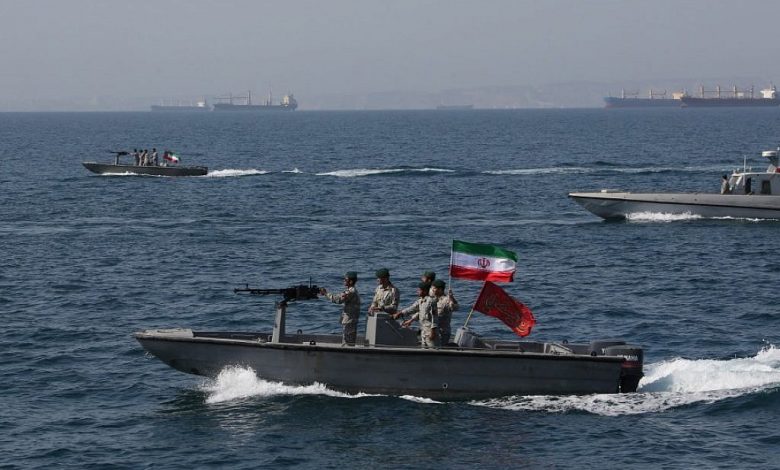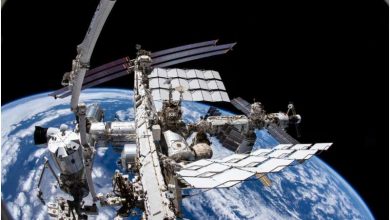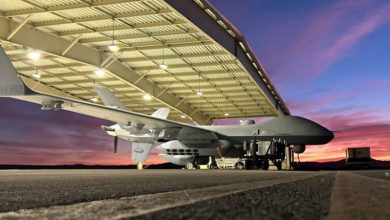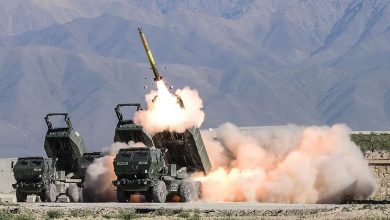US to send reinforcements to Gulf After Iran ship threats

The United States it was sending reinforcements to the Gulf after what it called increasing harassment by Iran of ships in the oil-rich waters.
“The Department of Defense will be making a series of moves to bolster our defensive posture” in the Gulf, National Security Council spokesman John Kirby told reporters, saying there would be “details on those reinforcements in coming days.”
The US Navy’s Fifth Fleet, based in Bahrain, said in a statement that it was “working with regional allies and partners to increase the rotation of ships and aircraft” that patrol the Strait of Hormuz, the crucial chokepoint into the Gulf.
Kirby said that Iran, which has tense relations with the United States — although it has recently been repairing ties with Arab neighbors — has “harassed, attacked or interfered” with 15 internationally flagged merchant vessels over the past 15 years.
“We’ve seen repeated Iranian threats, arm seizures and attacks against commercial shippers who are exercising their navigational rights and freedoms in international waters and strategic waterways of the region,” Kirby said.
“The United States will not allow foreign or regional powers to jeopardize freedom of navigation through the Middle East waterways including the Strait of Hormuz,” he said.





